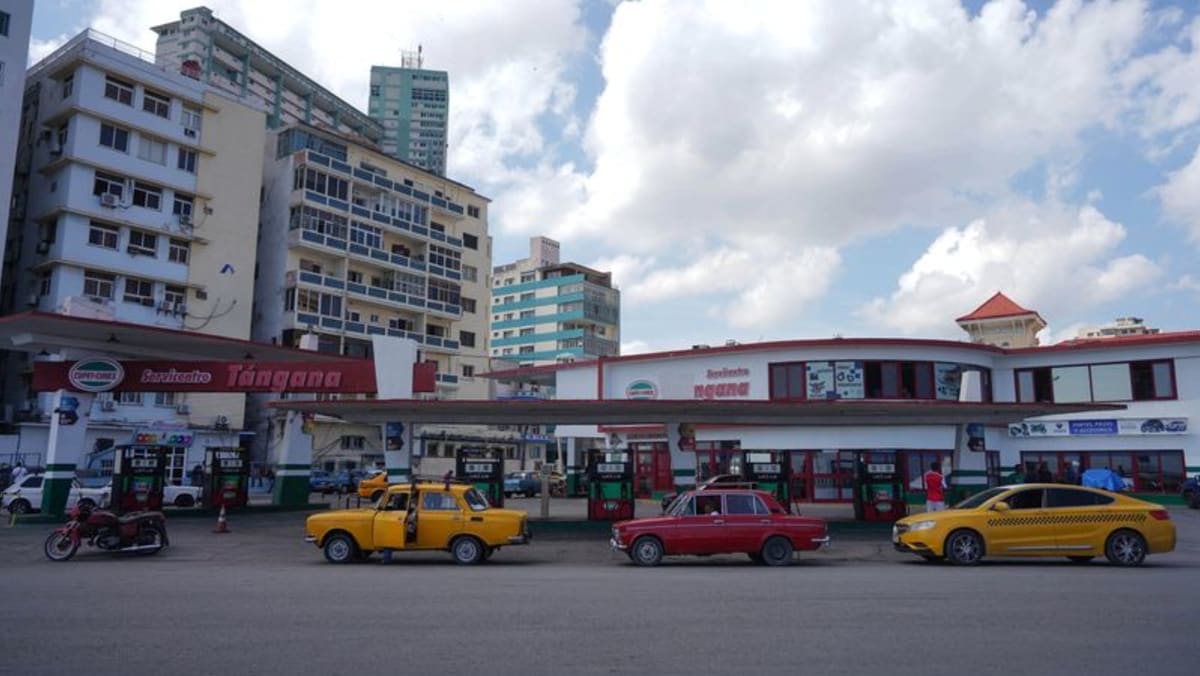
HAVANA, Aug 12 (NNN-AGENCIES) — Cubans have been left to endure six- to 18-hour blackouts, and search for ever-scarcer gasoline in the wake of a spectacular blaze that destroyed 40 per cent of Cuba’s main fuel depot and shuttered its only supertanker port.
The fire began on Friday when lighting struck a storage tank, spreading to three others before being brought under control on Tuesday. By Thursday the flames were out, but oil residues remained dangerously hot.
The import dependent Caribbean Island nation was already reeling from the impact of tough US sanctions, the pandemic’s impact on tourism and rising international prices for fuel, food and shipping.
Cuba has long relied on the 2.4-million-barrel Matanzas terminal, about 130km from Havana, for most crude and heavy fuel imports and storage.
“We have to do a survey (and) see what is the availability of our refineries … and with this the relationship of ports to refineries,” Cuban President Miguel Diaz-Canel said at a planning meeting, parts of which were broadcast by state media late on Wednesday.
“We have to be able to process the fuels that are entering the country in the shortest possible time,” he said.
The country imports 60 per cent of the fuel it consumes.
Cubans were already suffering through chronic power outages, fuel, food and medicine shortages and lining up for hours to purchase basic goods.
Just over a year ago, unrest swept the country and this year there have been scattered small protests, mainly over blackouts.
Since 2020 Cuban imports have fallen 40 per cent and its gross domestic product by 10 per cent. Inflation soared 77 per cent last year and 28 per cent so far in 2022, according to the government.
Havana, home to 20 per cent of the country’s 11.2 million inhabitants, had been spared the worst of the energy crisis until this month, when rolling four-hour blackouts every three days began and diesel fuel vanished.
Since the oil depot blaze power outages are more frequent, longer and less predictable. — NNN-AGENCIES
